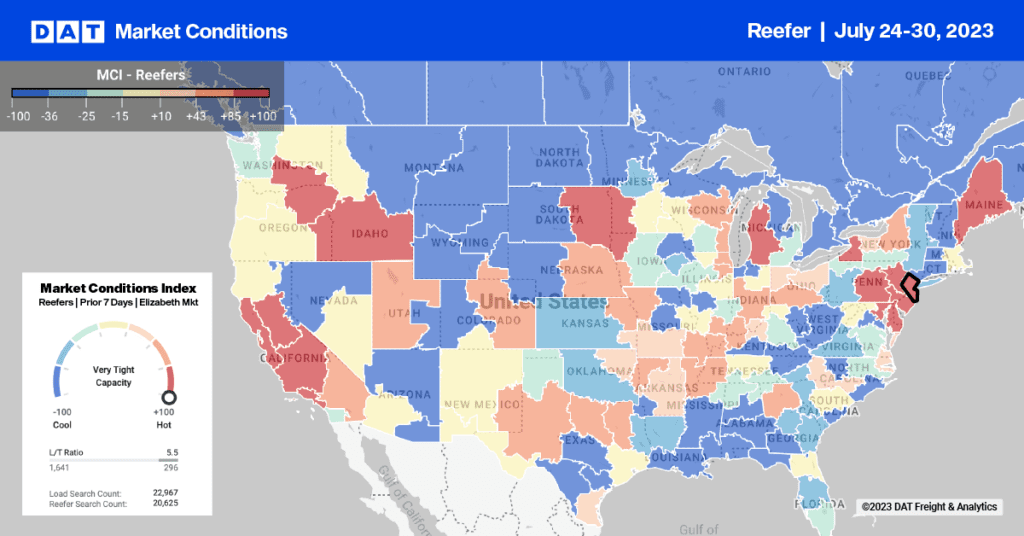Guest blogger Jeff Schneider is president of Schneider Training Solutions in Portland Oregon. This article is adapted from “Three Commonplace Sales Strategies to Avoid.”
Everybody does it, but they’re wrong. Set yourself up for sales success by avoiding these three big pitfalls:
1. Failure to Communicate
During initial meetings with prospective clients, some salespeople just don’t communicate anything of real value. Sure, they talk about their company’s capabilities, product features, functions and benefits. But they don’t offer any new insights into the prospects’ challenges or goals.
These salespeople are afraid that if they give away too much information, prospects will use it against them. They believe that prospects, armed with the knowledge, will figure out ways to accomplish the outcomes they desire without the salesperson’s product or service.
But if the prospects don’t learn anything new by meeting with you, are you contributing any real value to the meeting? No. And, if you’re not contributing any real value to the meeting, will prospects have compelling reasons to do business with you? No.
2. Focusing on “What” But Not “How”
For some salespeople, prospect meetings and presentations are vague. The salespeople fail to establish clear links between their proposals and specific aspects of the prospect’s requirements. Instead, their presentations focus too narrowly on their product or service and their company’s capabilities.
Those presentations can be impressive, with lengthy proposal documents, charts and graphs. But something is missing. Prospects want to know what you are going to do, but they also want to know how you are going to accomplish the desired outcome. If you don’t establish a clear connection between the “what” and the “how” during your presentation, your competitor will do it – and he will make the sale.
3. Making it Too Complicated
Some salespeople have a tendency to overcomplicate their offers, for one of two reasons. Either they believe that they must present complex solutions in order to show their value, or they want to justify the price. Either way, these salesmen include “value added” features which are not essential to the prospect’s needs. The salesman wants to bolster the perceived value of the offer.
What these salespeople fail to recognize is that most prospects actually appreciate “elegant” solutions, the ones that are well-ordered, simple, and concise. Elegant solutions are easy for prospects to connect to the outcomes they want, and when they make that connection, you are more likely to make the sale.
If you find yourself engaging in one or more of these commonplace strategies, consider this: commonplace strategies yield commonplace results. If you want different results, perhaps it’s time to try different sales strategies.


